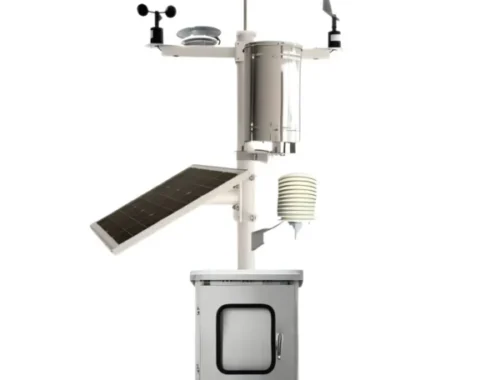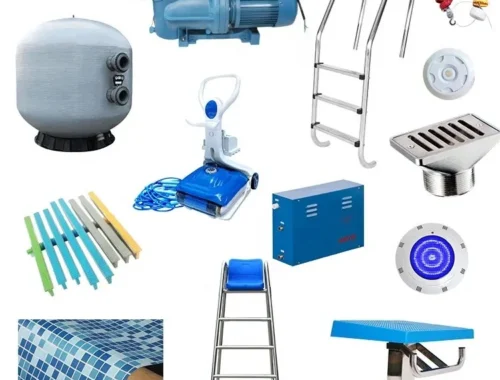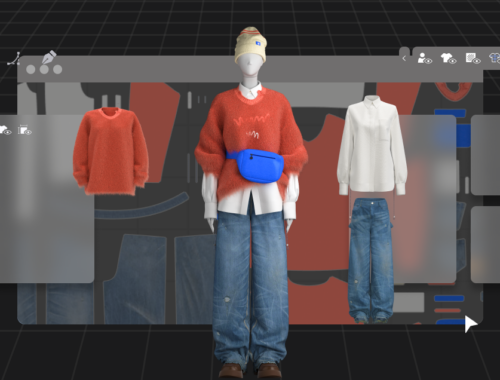Europe braces for Trump trade war
Brussels is once again bracing for U.S. tariffs.
Just under a year after U.S. President Donald Trump and European Commission chief Jean-Claude Juncker struck a transatlantic trade armistice, there’s little left of the “new phase” of relations the two men announced in the White House Rose Garden on July 25 last year.
Trade talks have yet to begin, and EU trade chief Cecilia Malmström has warned that the U.S. is likely to soon impose retaliatory tariffs on up to $25 billion of European products, as part of a dispute over airline subsidies. Washington has also launched a trade investigation into France’s digital services tax. Crushing U.S. sanctions against Iran and pressure on Europe to cut business contact with Tehran have further soured relations.
It could get even worse. Seven Commission officials and EU diplomats said they fear Trump will carry out a long-standing threat to impose painful auto tariffs as early as November. The EU has said it is ready to retaliate with its own tariffs targeting €20 billion of U.S. exports.
“Compared to one year ago, the number of trade irritants has increased, not decreased,” said Luisa Santos, director for international relations at BusinessEurope. “It’s very difficult to keep a positive agenda.”
In a bid to preserve the fragile truce, the Commission’s new director general for trade, Sabine Weyand, is in Washington Monday and Tuesday for discussions with Deputy U.S. Trade Representative Jeffrey Gerrish.
The outlook is grim, according to Gary Hufbauer, a senior fellow with the Washington-based Peterson Institute for International Economics: “Trump firmly believes — and has convinced many Americans — that the U.S. has been taken advantage of all these years, and that Europe should make unilateral concessions,” he said.
Trump has repeatedly said he wants to slash the U.S.’s $169 billion trade-in-goods deficit with the EU. His 2020 reelection campaign risks escalating the conflict, Hufbauer said: “Trump really believes that confrontation with foreign countries gets him votes.”
In an interview with POLITICO on Thursday, U.S. ambassador to the EU Gordon Sondland said Brussels should get ready for “less whining, more action” from the Trump administration and warned that Washington had “a whole bunch of different tools” at its disposal, including car tariffs, that will have “immediate financial consequences for our friends in Europe.”
Agriculture conundrum
Sondland’s comments reflect a growing frustration in Washington over the EU’s refusal to bow to American demands on trade.
Trump declared in May that imports of autos and certain auto parts from Europe “threaten to impair the national security of the United States,” and instructed his Trade Representative Robert Lighthizer to address the threat in trade talks during the following six months.
That deadline runs out in mid-November, shortly after Commission President-elect Ursula von der Leyen takes over from Juncker.
There is no indication that trade talks will move forward before then. The two sides have published conflicting negotiating directives, with the U.S. demanding the inclusion of agriculture in the talks and the EU categorically excluding any farm products.
Brussels has also rejected voluntary export restrictions, such as quotas, that the U.S. could use to mitigate the alleged “threat” from car imports.
Sondland expressed hope that von der Leyen’s inauguration would be “a golden opportunity” for both sides to reengage, but he made clear that Brussels must accept “some agriculture” in the discussions.
The Trump administration is under pressure from the U.S. Congress not to give in on this point: Earlier this year, a bipartisan alliance of 114 congressmen sent a letter to Lighthizer, warning that failing to include agricultural products would risk “significantly jeopardizing Congressional support.”
Von der Leyen has little wiggle room: The EU’s negotiation directives, which set out the limits of what the Commission can offer, are decided by EU countries, and France is dead set against including agriculture in the talks.
The French resistance has heightened tensions between Paris and Berlin: Germany is pushing for more flexibility to avoid auto tariffs, which would hit Europe’s biggest economy just as the export-dependent country risks sliding into a recession.
Germany exported $28.7 billion worth of cars and car parts to the U.S. last year, while French auto and auto part exports to America only amounted to about $900 million, according to the U.S. Census Bureau.
“If there is a political will, we could come to a solution before the end of the year,” German Economy Minister Peter Altmaier said during a visit to Washington earlier this month.
Tangible threats
Opponents of the tariffs are hoping for backlash from the U.S. industry and Trump’s own party.
“Putting tariffs on imports of autos and auto parts would have a very negative impact on the U.S. economy, which is why the U.S. auto sector is united in opposition,” said Marjorie Chorlins, vice president of European affairs at the U.S. Chamber of Commerce.
“The auto manufactures don’t want it. The auto partmakers don’t want. And consumers certainly don’t want to pay more for cars,” she said, adding: “Senior officials would certainly gauge this economic harm as well as the potential political consequences before delivering this kind of blow to the economy in November, just weeks before the presidential primaries get underway.”
Republican Senate finance committee chair Chuck Grassley has expressed “serious questions about the legitimacy” of the possible car tariffs and introduced legislation that could curb the president’s power to unilaterally impose them.
Jürgen Matthes from the German Economy Institute said, however, that Trump’s trade war with China demonstrated that “when in doubt, Trump goes the way of confrontation.”
“Economic calculation is not very present,” he added. “This thus increases the probability of car tariffs.”
Trump could try to assuage his critics by following the strategy he took with China and Mexico, which he first threatened with small tariffs of 5 or 10 percent. “A limited duty of 10 percent might still be bearable” for the auto industry, Matthes said.
Hufbauer from the Peterson Institute predicted a similar scenario: “My forecast is that by this November, the threats will get more tangible,” he said. “For example, a 10 percent auto tariff starting in February, and then threatening to increase it over the course of the year. That keeps the drum going ahead of the elections.”
BusinessEurope’s Santos said that Europe’s fate would partially hinge on the U.S.-China trade talks, as Trump’s advisers would seek to avoid a two-front trade war, particularly if tensions with Beijing escalated further.
However, “sometimes the rational people are overcome by tweets,” she said.
Doug Palmer contributed reporting.
This article is from POLITICO Pro: POLITICO’s premium policy service. To discover why thousands of professionals rely on Pro every day, email [email protected] for a complimentary trial.
Click Here: Spain Football Shop
You May Also Like

Automatic Weather Station: A Comprehensive Overview
March 14, 2025
Essential Pool Supplies for a Perfect Swimming Experience
March 18, 2025